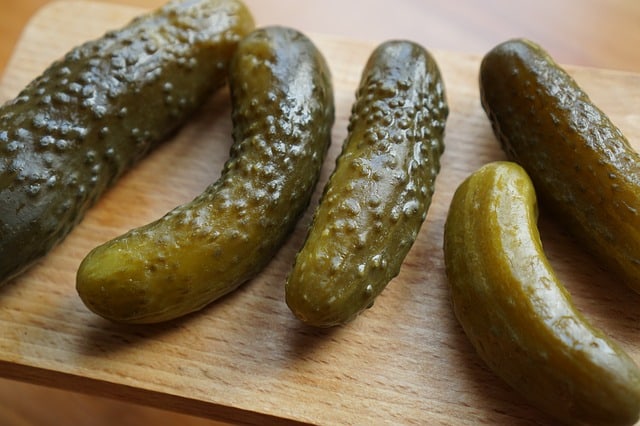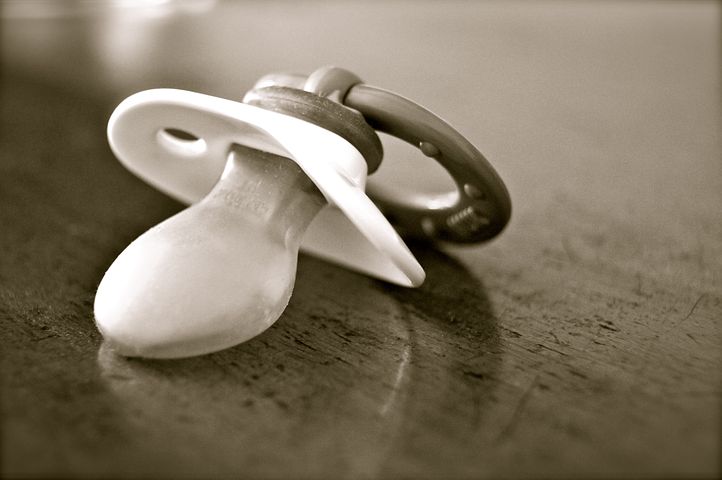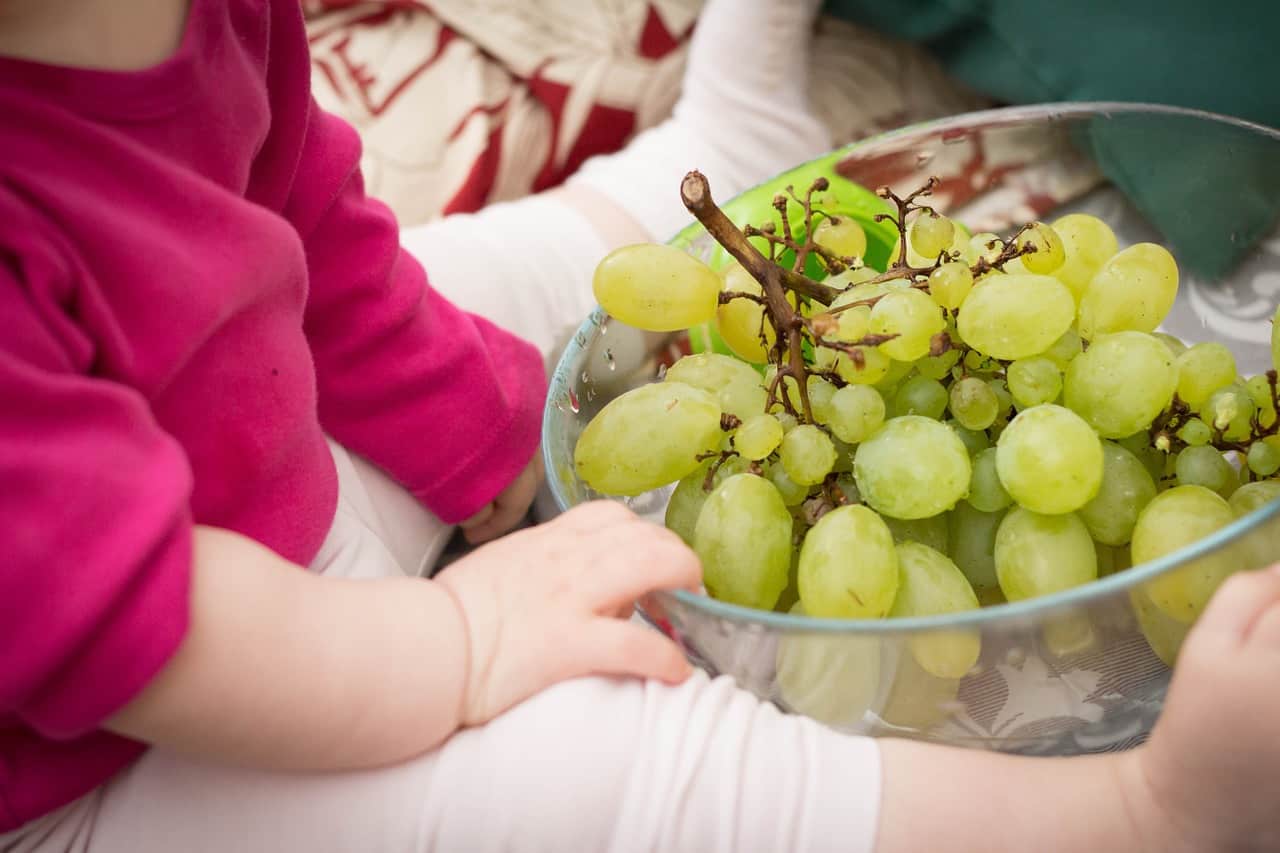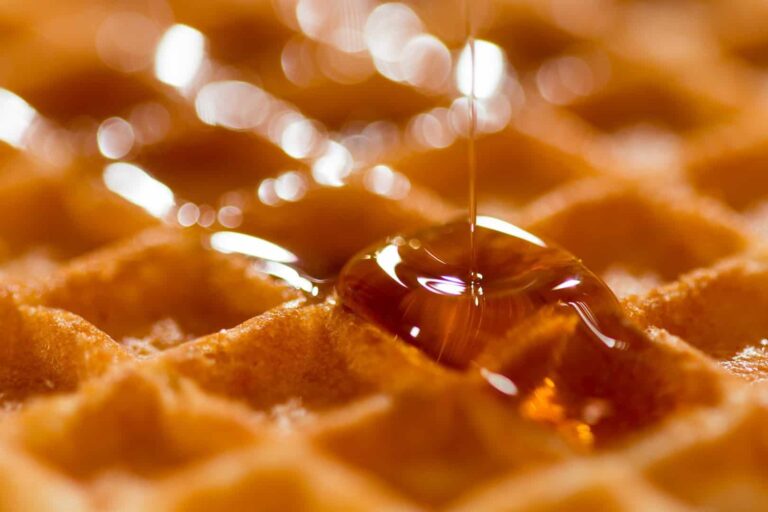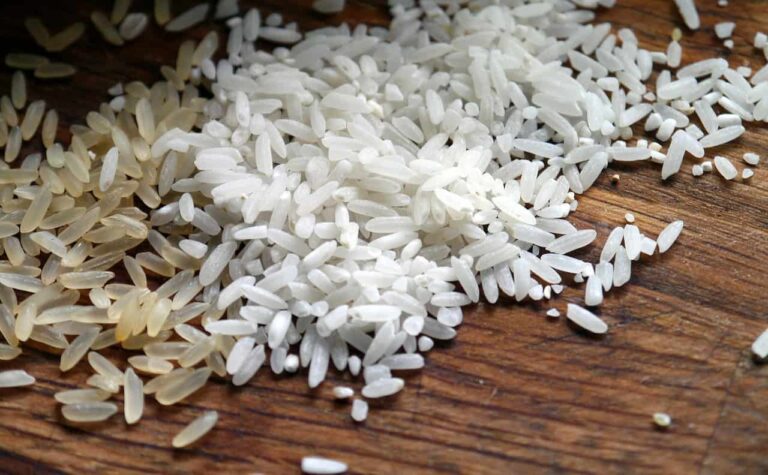Can Babies Have Pickles – What You Need To Know First
Babies can start eating solid food when they turn 6 months old. When babies show interest in having a bite on the dinner table, it’s a sign that they can have more than just breastmilk.
Parents will try to mix and match different types of food to feed their little ones. It can be tricky to have a picky eater. So parents introduce a wide range of food to make their babies’ palate more diverse.
Small, snack-type foods are a favorite choice. Crackers, chicken nuggets, and carrot slices all have one thing in common: they’re small and bite-size. They’re flavorful, easy to digest, and infants can hold them with their tiny hands.
So if that’s the case, can babies eat pickles? They’re packed with flavors, are relatively small, and can be eaten with no problems.
Well, pickles can have their benefits. But underneath that crunchy exterior lies some nasty drawbacks.
Skip To The Following Sections
What Are Pickles?
Pickles can mean two things. Pickles either mean the act of pickling, which is another word for fermentation, or they mean pickled cucumbers. You can pickle any vegetables out there, but let’s focus on pickled cucumbers for this article.
Pickles are cucumbers that are submerged in a brine made of water, vinegar, salt, sugar, and spices. They are then fermented, which gives the pickles its tangy taste.
Pickles are used in a variety of ways in the kitchen. They are often used as a relish for different meals. They add texture, color, and taste to an otherwise dull dish.
Pickles are also eaten as a snack. People love the sweet, salty, and sour taste pickles can offer. They can be an alternative to chips or candy.
Eating pickles can give some health benefits to people. For starters, pickles are low in calories and fat-free. They are a guilt-free option for people who are dieting.
Pickles are also a good source of probiotics. Fermented foods are known for providing the body with probiotics. They are good at fighting infections and can keep the guts healthy.
Other benefits of pickles include being a source of antioxidants, blood sugar control, treating muscle cramps, and electrolyte balance.
As a snack, pickles sound like it is a healthy option. Not only are they tasty, but they can give some good nutritional value. So if pickles are good for adults, maybe they’re good for babies too, right?
Can Babies Have Pickles
According to pediatric dietitian Grace Shea, MS, RDN, CSP, LDN, children can eat pickles when they reach the age of 6 months. She also says that pickles are easy to hold and that babies will more likely to just gnaw or suck on pickles.
As a treat, the occasional pickle is alright. It is essentially a vegetable soaked in vinegar water. And while babies don’t have to worry about their blood sugar, the benefits can still be helpful.
However, making pickles an everyday snack or meal is pretty unhealthy. Pickles are just side dishes and small treats. For some people, it’s even considered junk food.
Pickles can’t give babies a lot of nutrients, unlike other food. It’s not an alternative to fresh fruits and vegetables too. But that is not the worst part of pickles.
Drawbacks of Pickles
Pickles, especially commercially made ones, are loaded with salt. Sodium comes from the brine which the cucumbers are soaked in. And those small pickles can have as much as 400 mg of sodium.
That amount of salt is far from healthy, especially for babies. Granted, babies aren’t eating a lot of pickles in one sitting. But feeding babies pickles every day can be very detrimental.
But what happens if babies eat a lot of salt every day? The most likely answer is that it will hit their kidneys very hard.
Babies’ kidneys are immature and are still developing in this stage. A little bit of salt can easily be filtered through them. But too much salt will cause the kidneys to overwork and might even damage them.
Too much salt can also raise babies’ risk for heart disease and stroke. Overconsumption of salt also leads to plenty of non-communicable diseases such as asthma, diabetes, cancer, and obesity.
And if that is not enough, salt is also an addictive substance. Feeding babies too much salt will make them crave more and be dependent. This will breed a negative cycle.
Another concern about pickles is that they can trigger acid reflux and upset stomach. Some babies can experience digestive problems because of the pickle brine. The sour brine can upset sensitive tummies and make babies sick.
These drawbacks sound very scary. But that doesn’t mean that pickles are the devil’s food.
There are other salty foods out there that are worse than pickles. The main takeaway from this is that moderation is the key. Babies can still enjoy a pickle now and then, but it shouldn’t be a habit.
Conclusion
Pickles are a common relish, side-dish, and snack in many countries. It is enjoyed by a lot of people. Pickles are tasty, crunchy, and are packed with a lot of flavors.
But not only are pickles a tangy treat, but they are also quite nutritious. In a way, they can give a few health benefits, including probiotics, antioxidants, and blood sugar control.
In moderation, pickles are a good treat for infants. They are fairly safe to eat and are good options for weaning. Plus, the funky taste can make your kids do funny faces, which are picture perfect!
But too much pickles can be harmful to babies. Pickles are loaded with sodium that can be harmful to an infant’s health. Too much salt can lead to health issues that can affect a child in the long run.
Acidity is also something worth mentioning. Pickles are acidic and can upset some babies’ stomachs.
In short, parents should only give babies a small number of pickles. Babies can also have other snacks such as fresh fruits, veggie slices, and a little bit of bread.
At the end of the day, moderation is what matters the most. Babies can enjoy pickles if it is given once in a while. It is a good snack that can be enjoyed in moderation, just like any other food.

